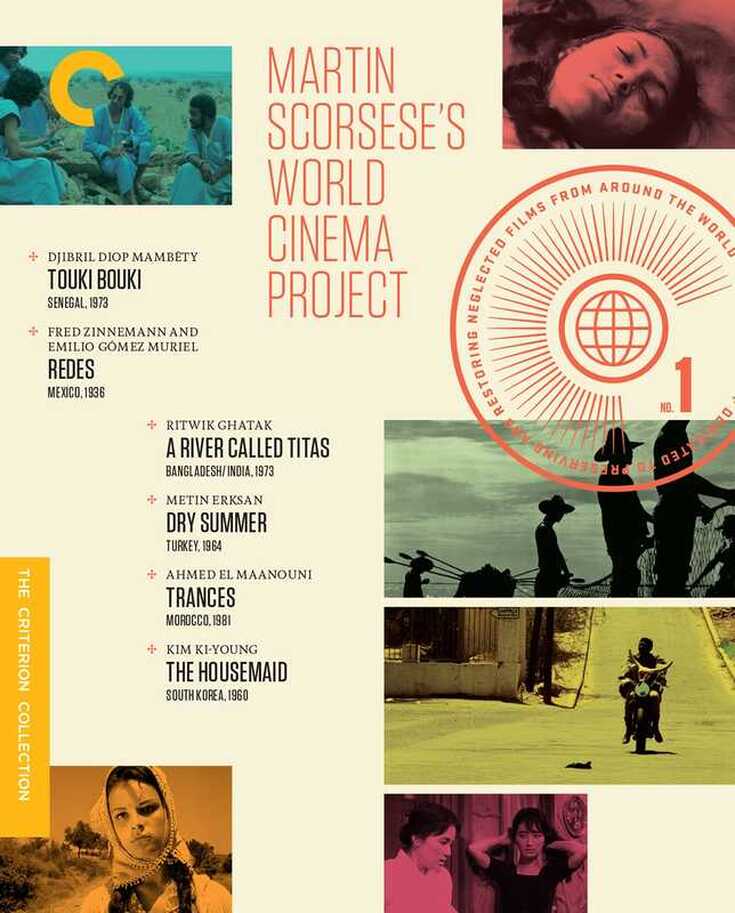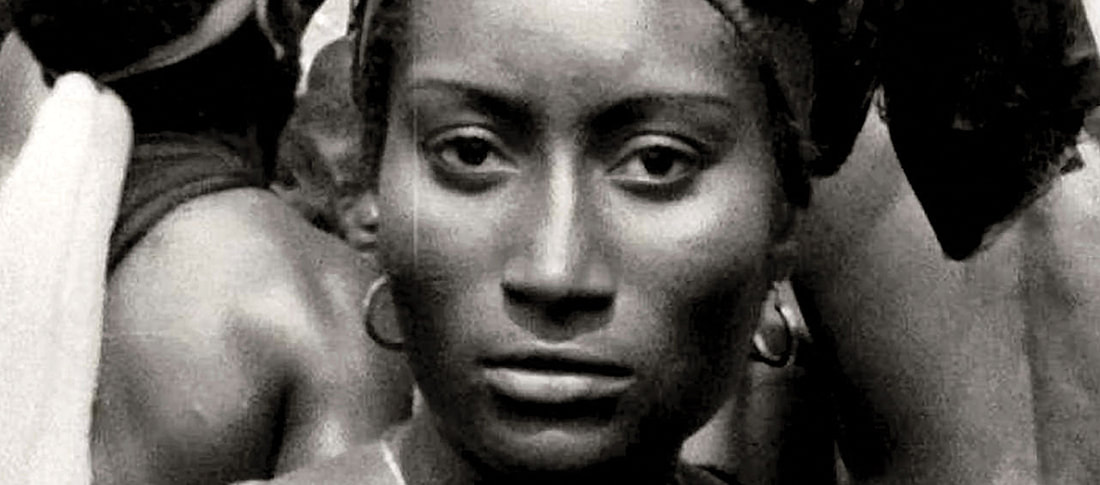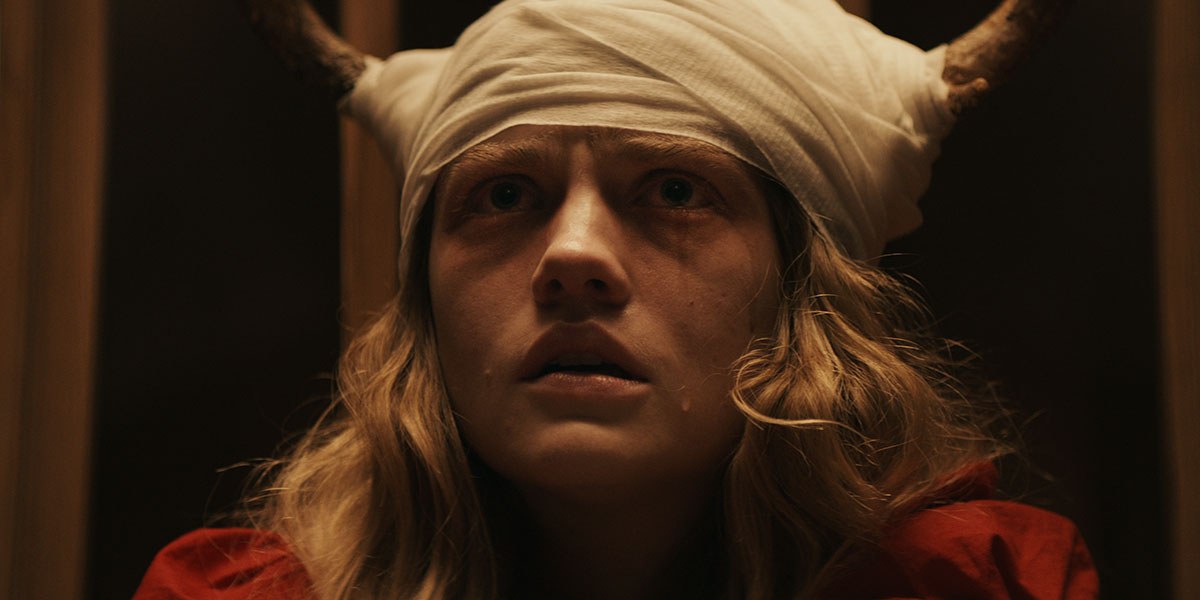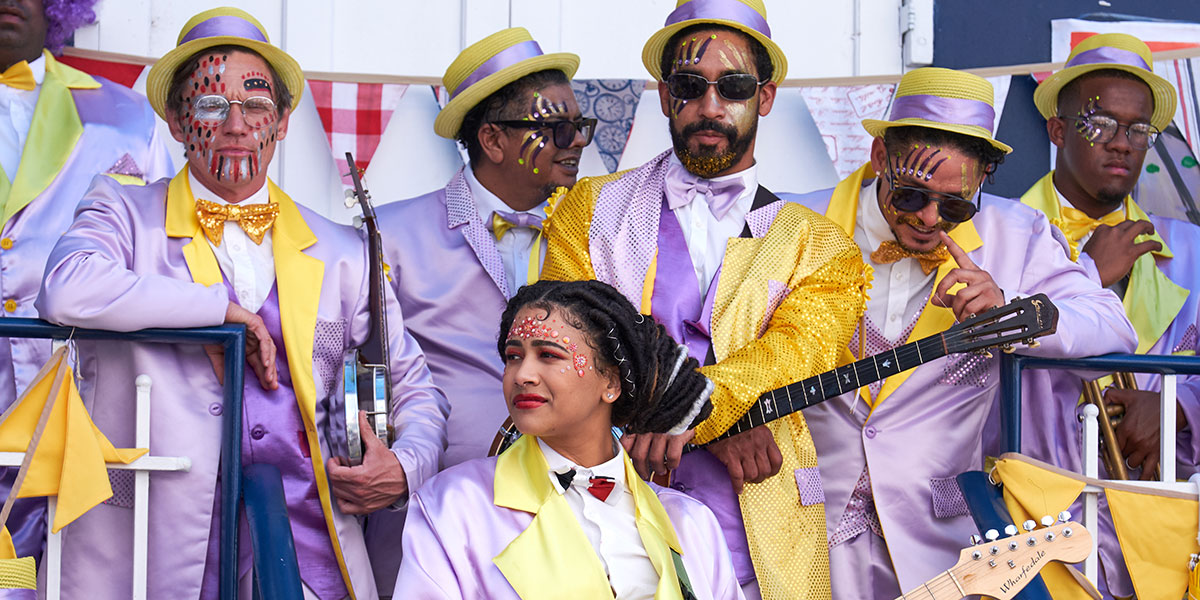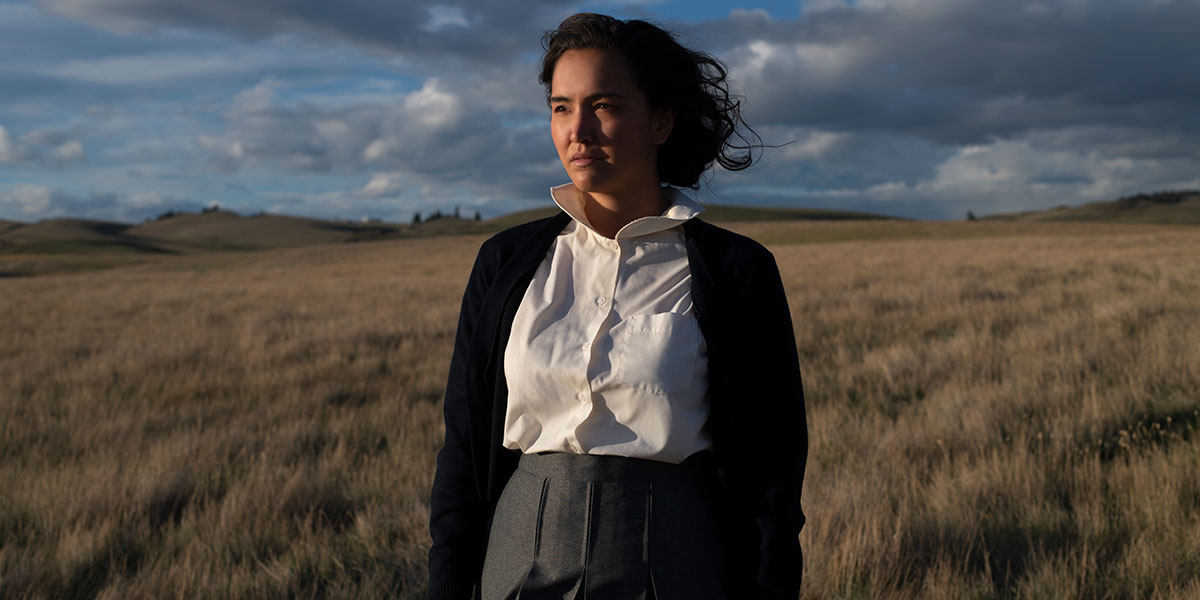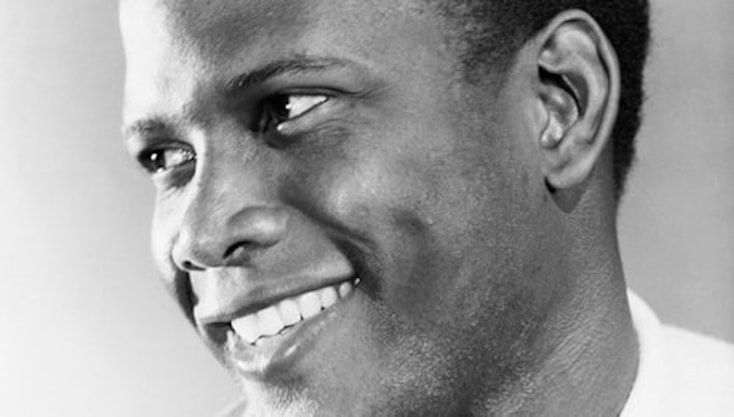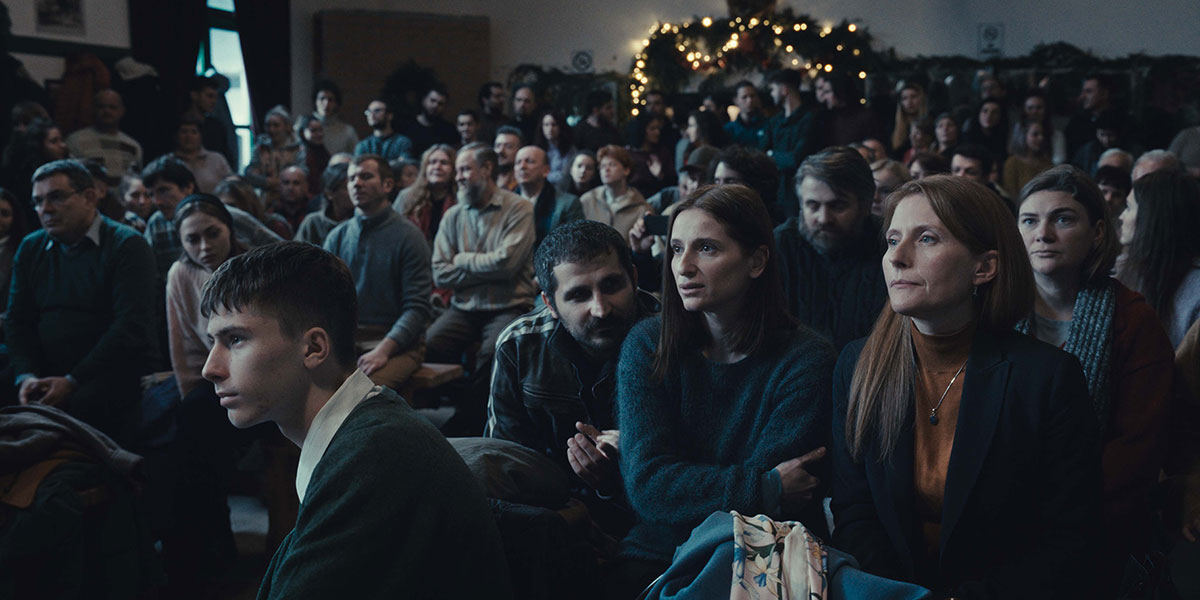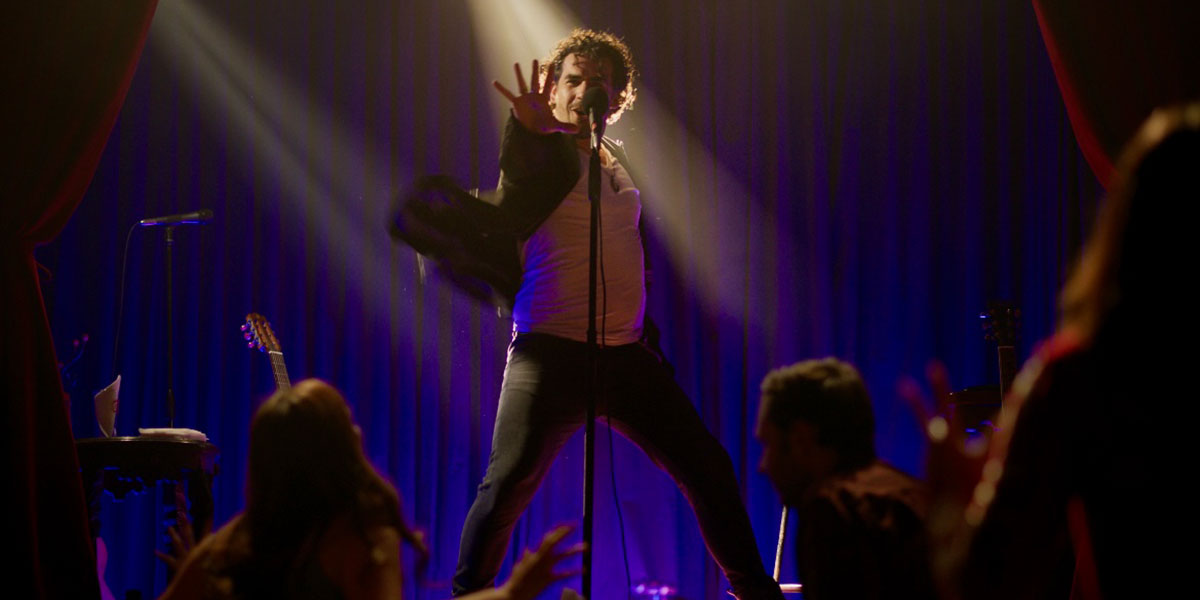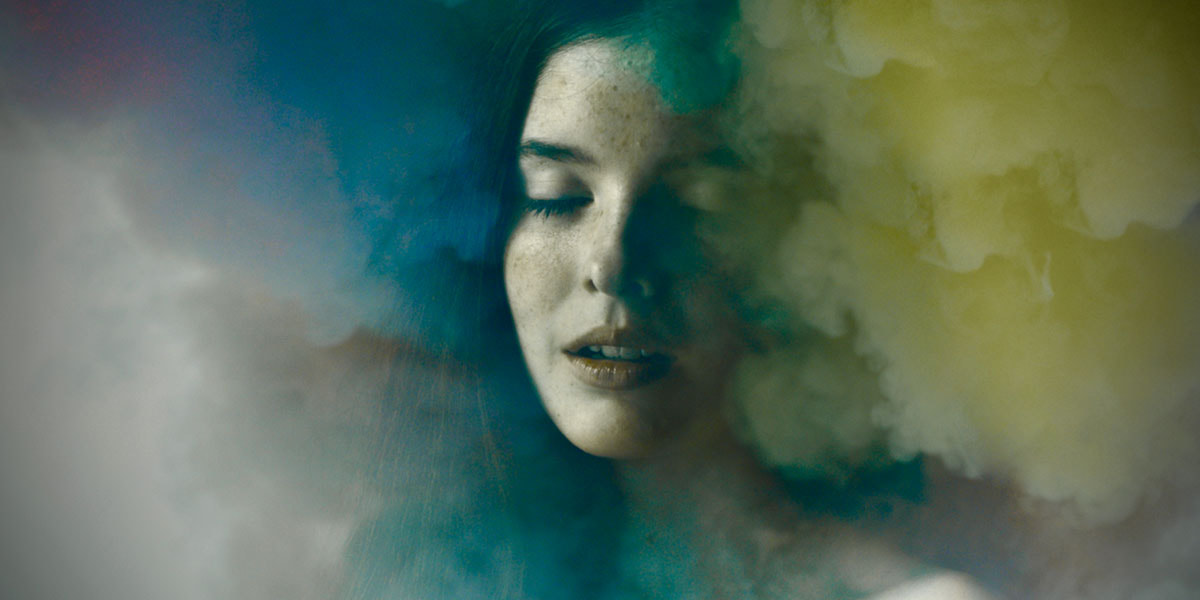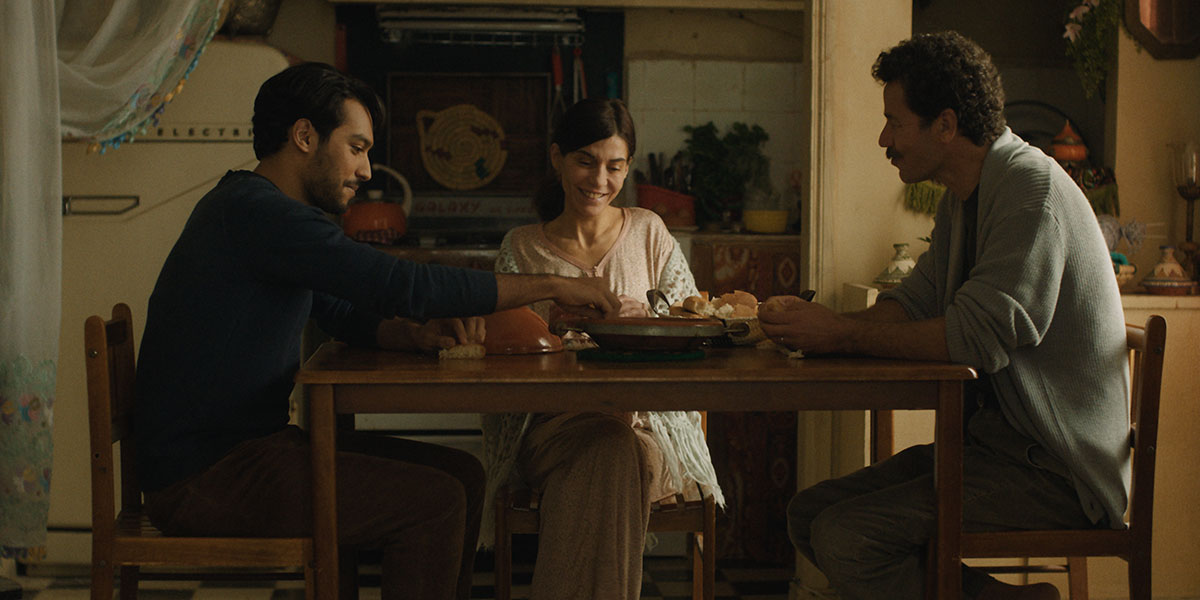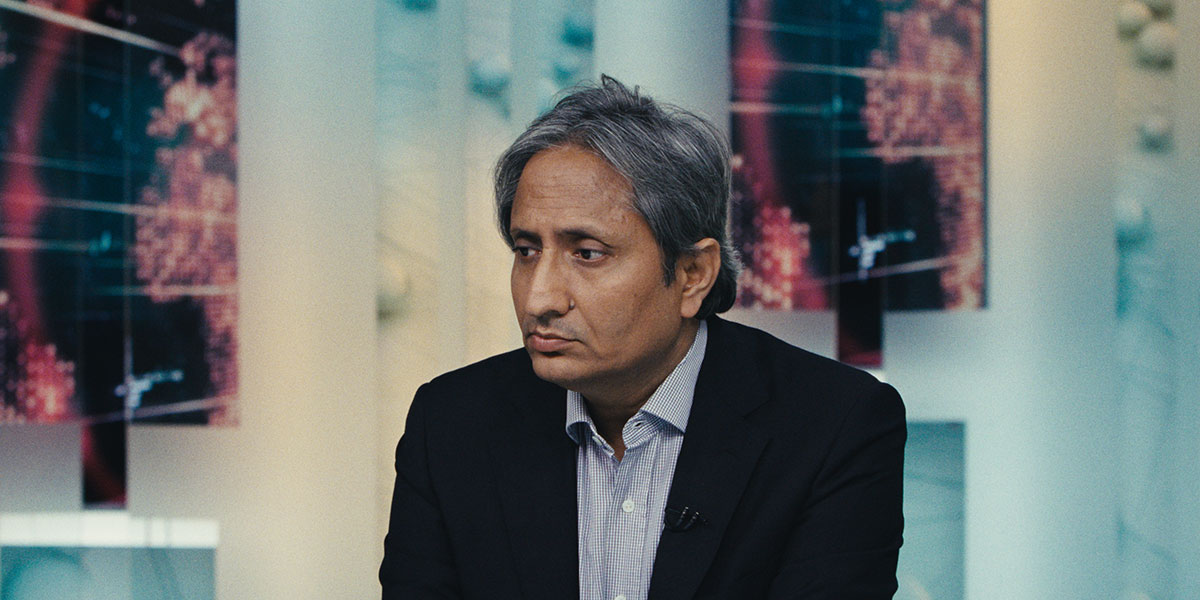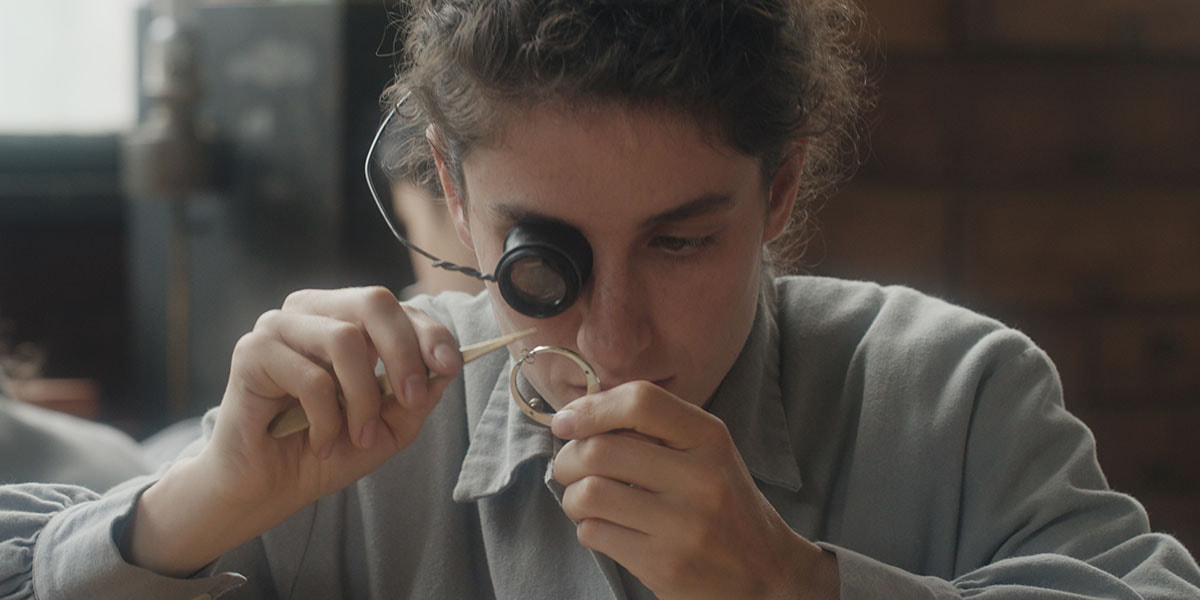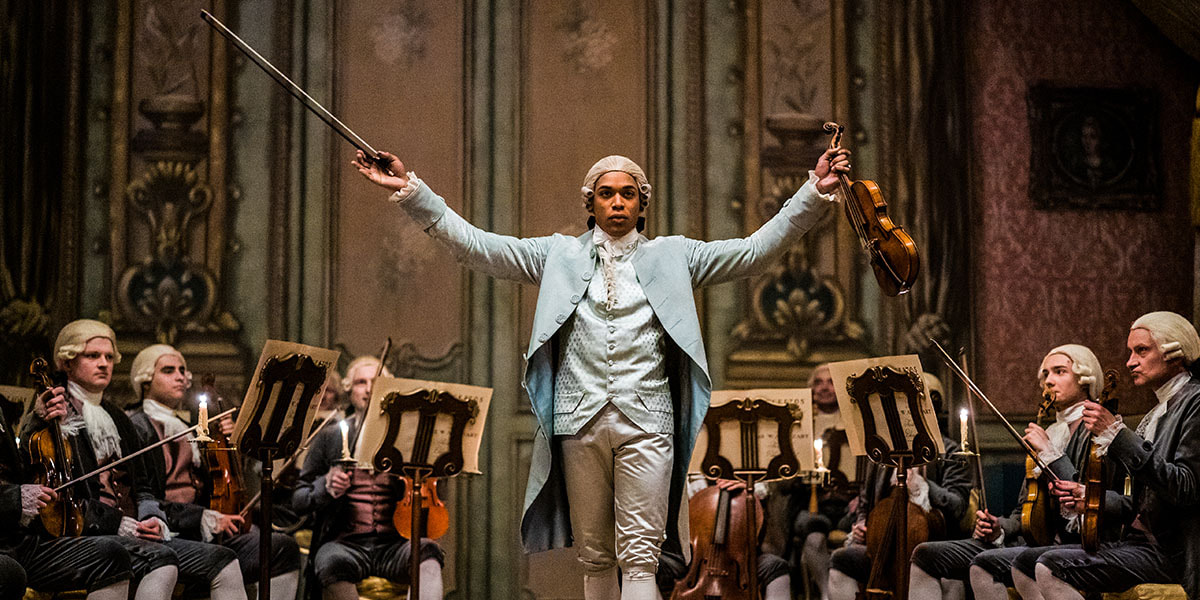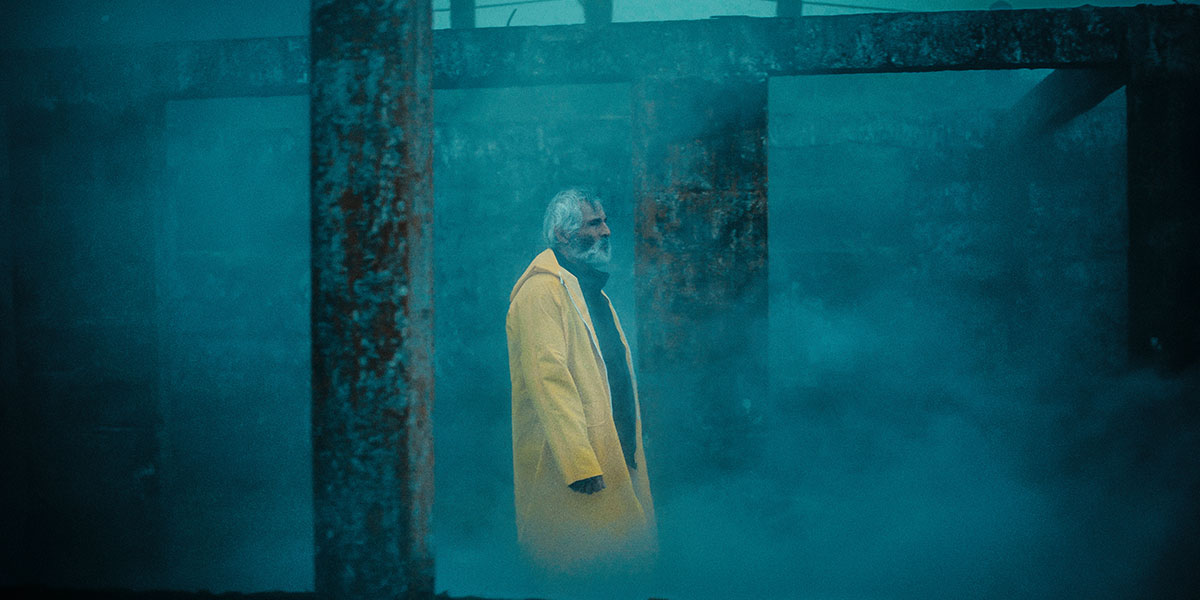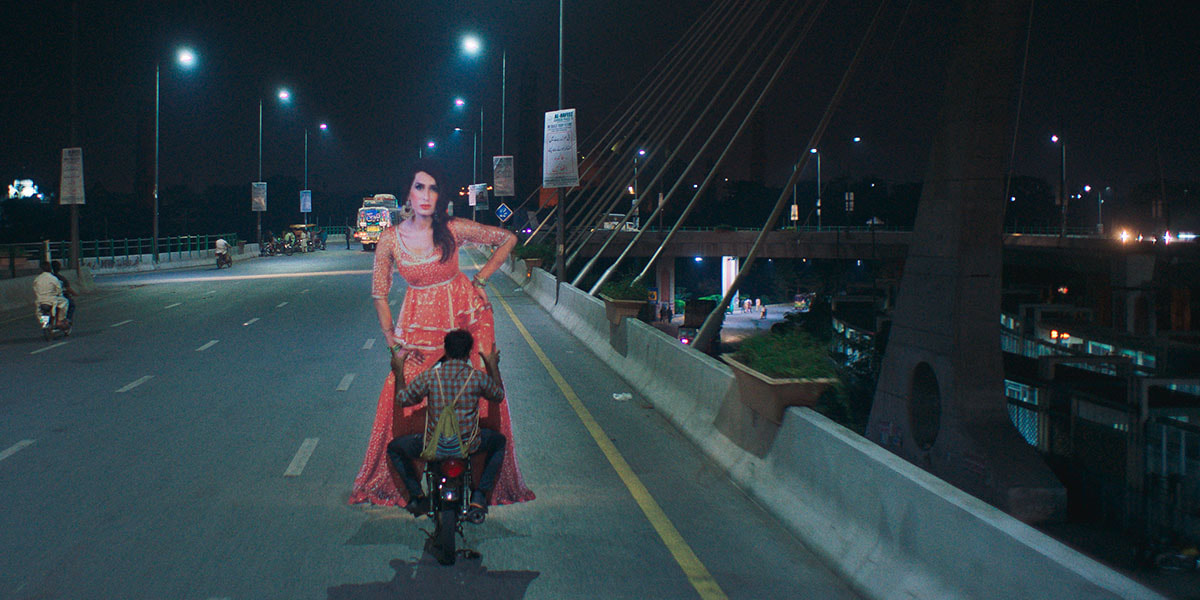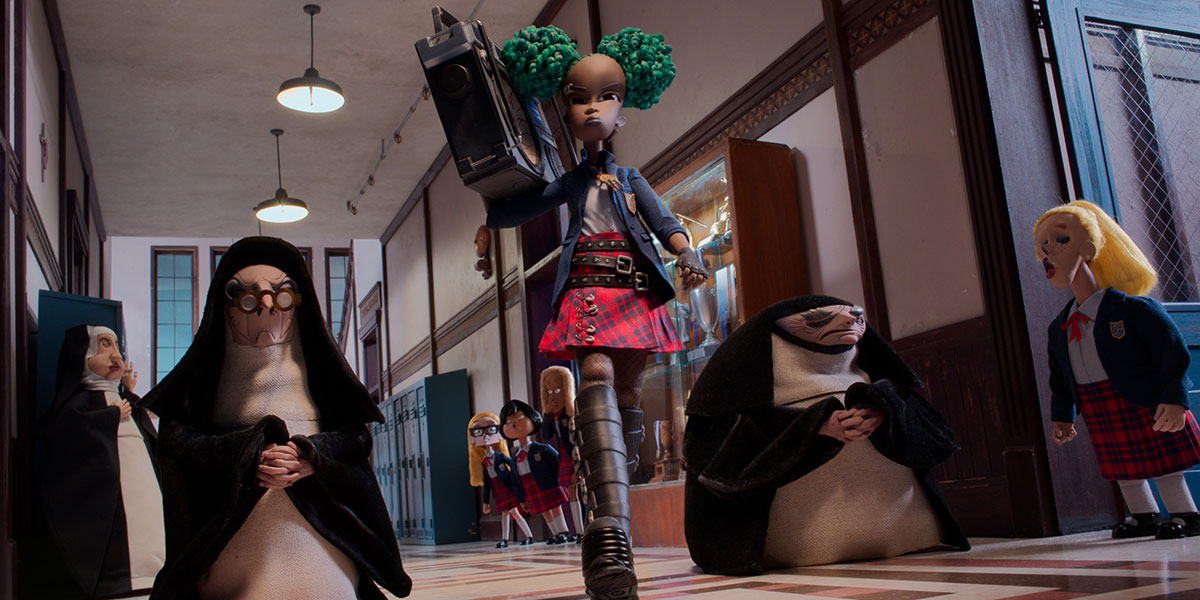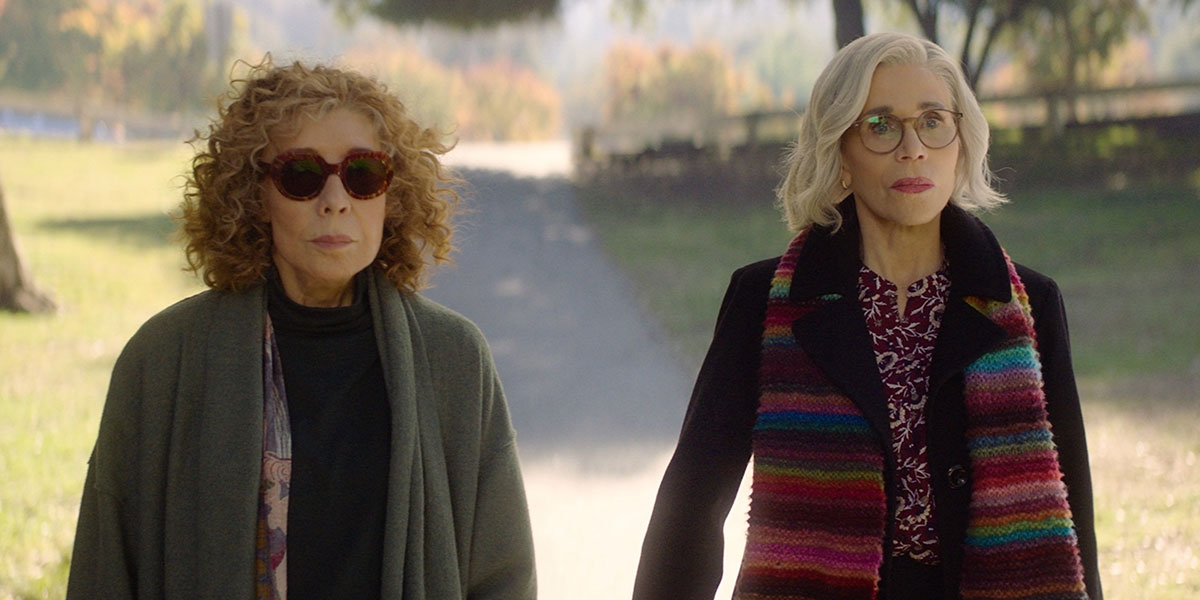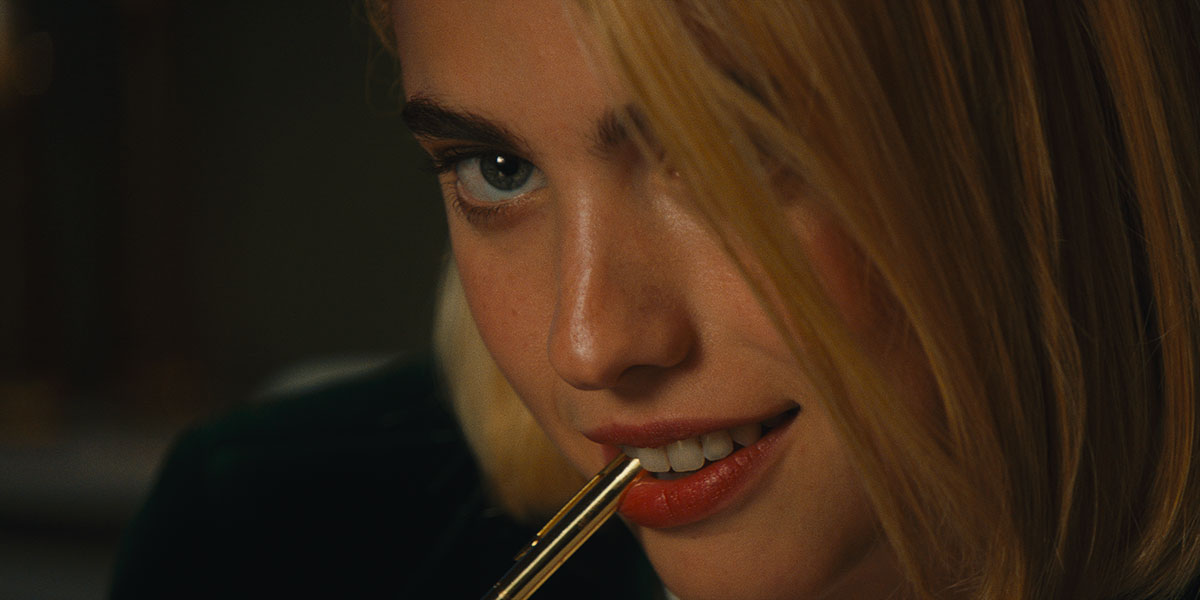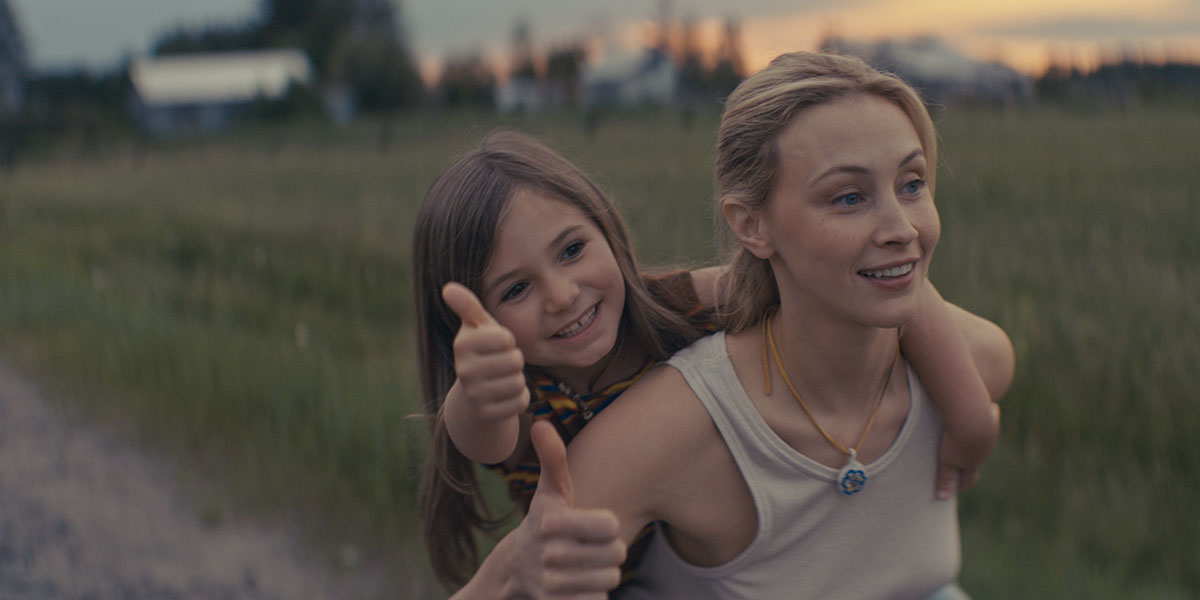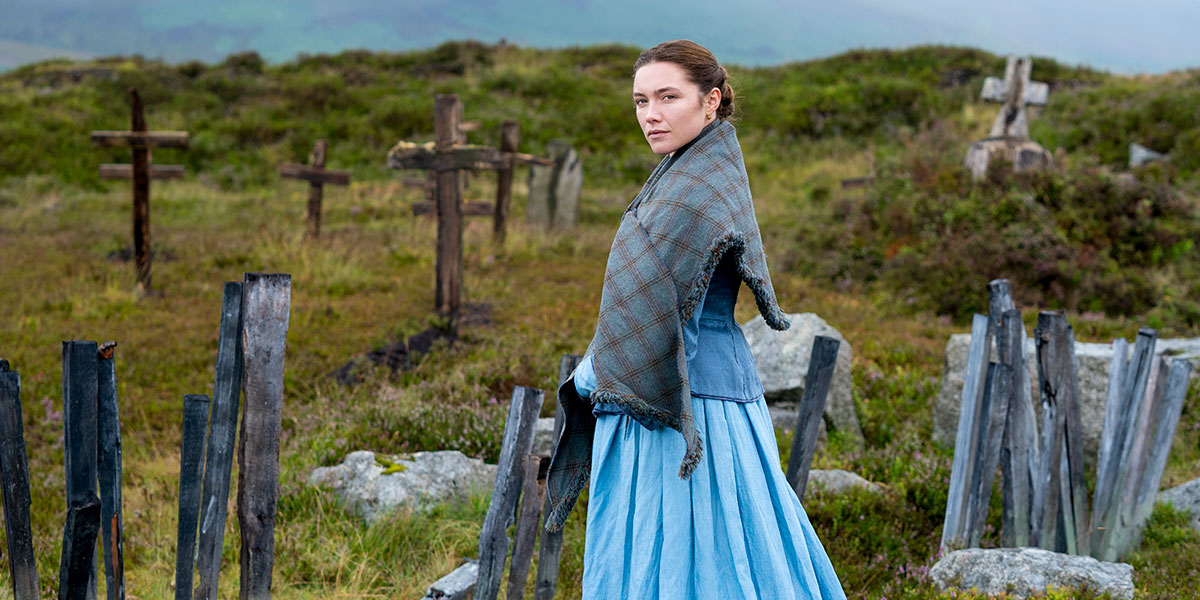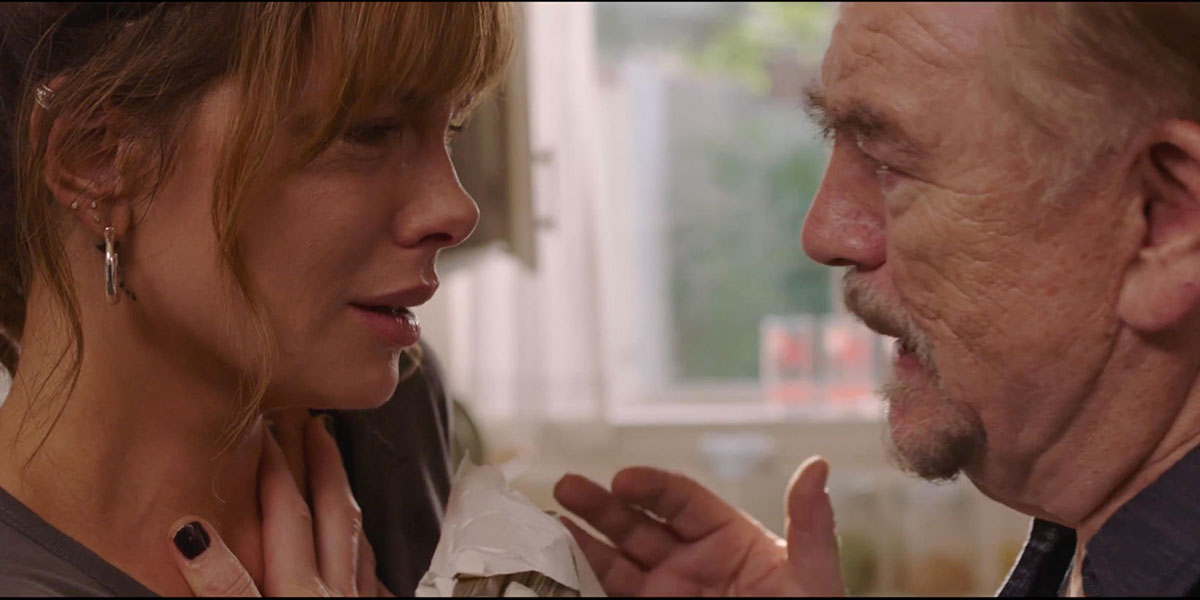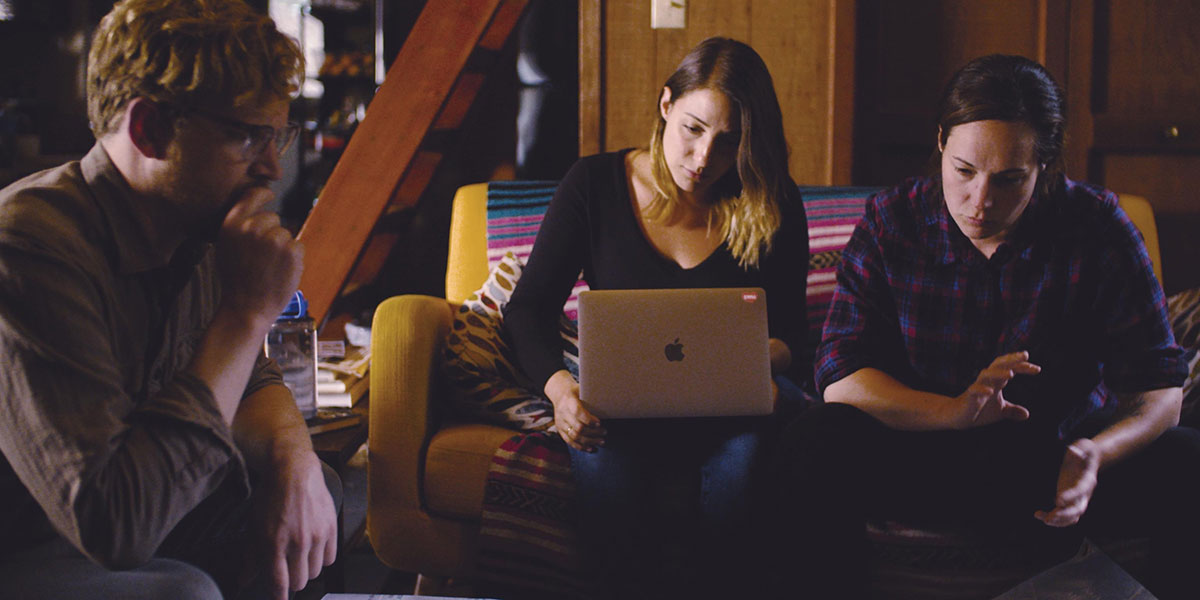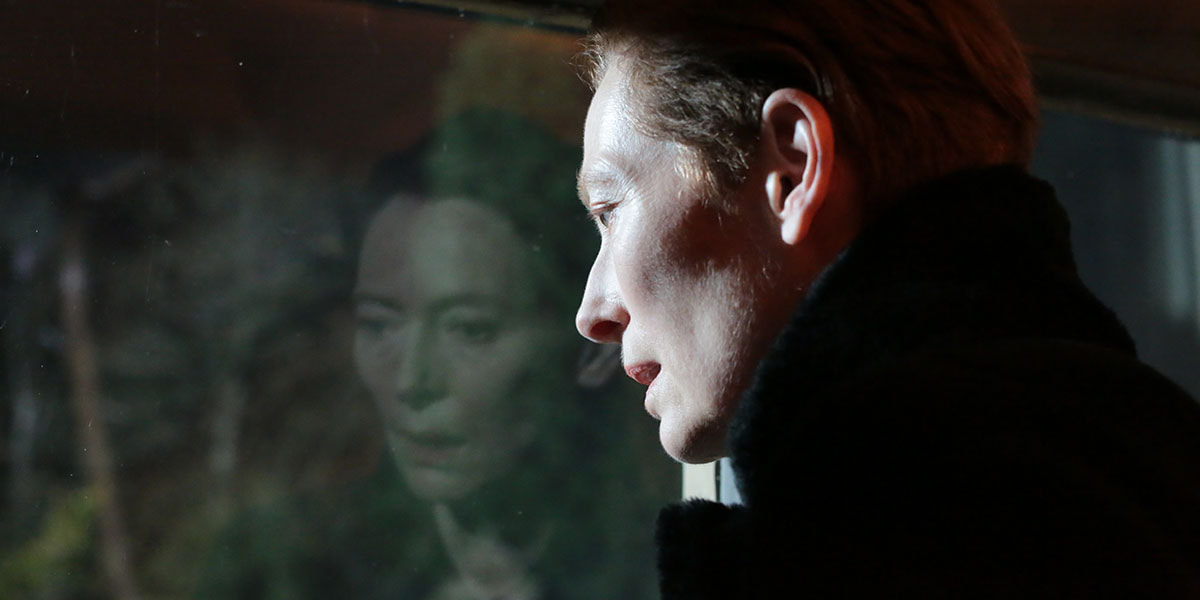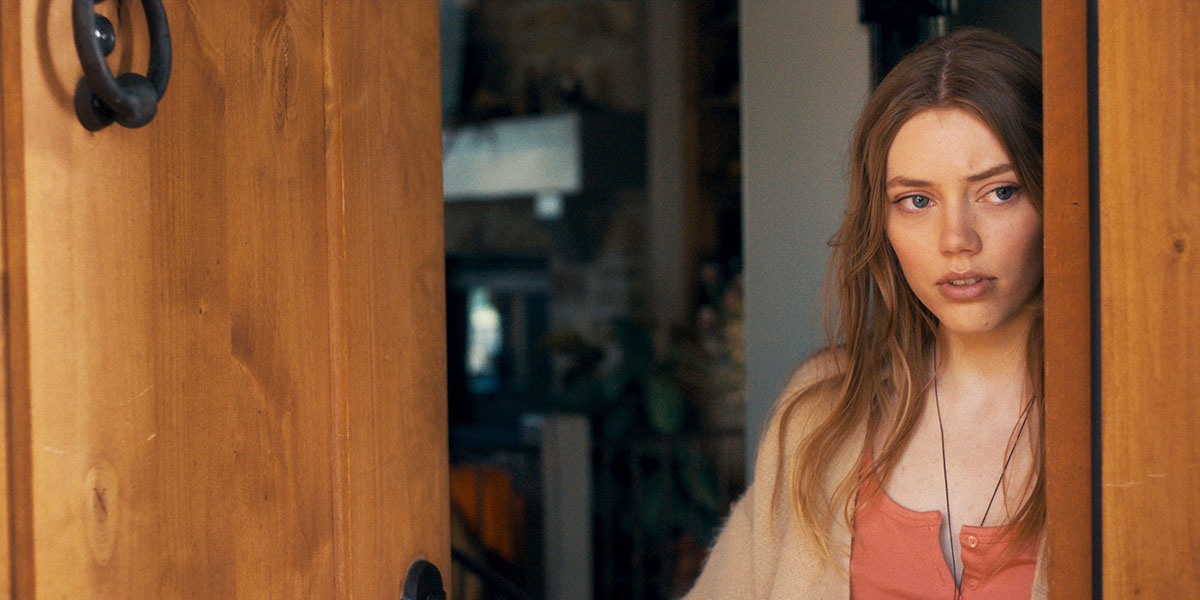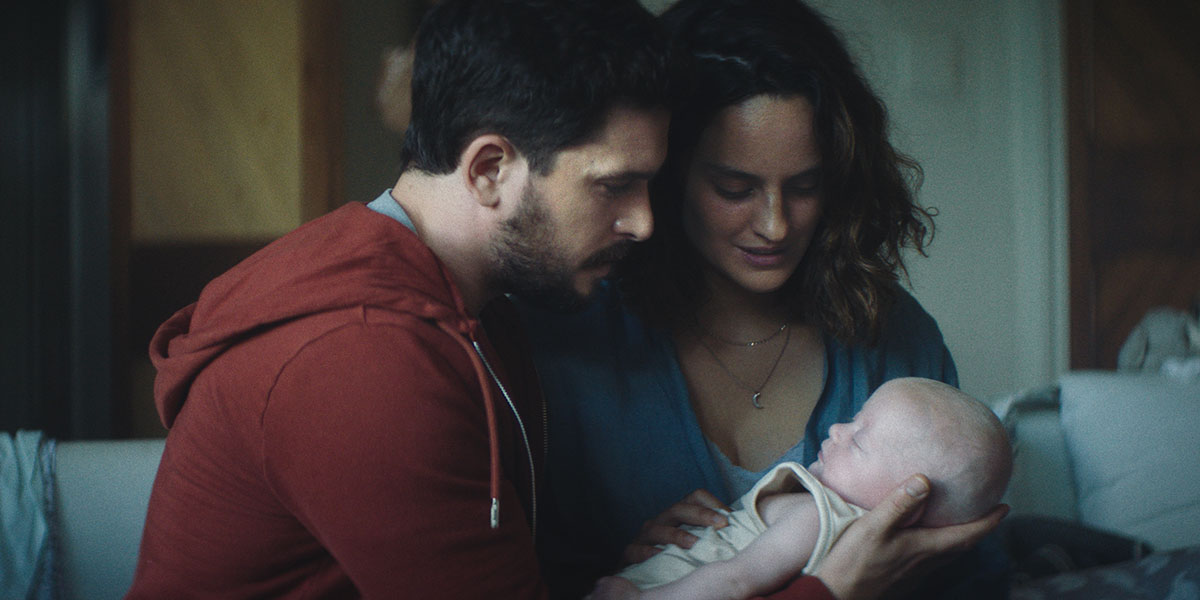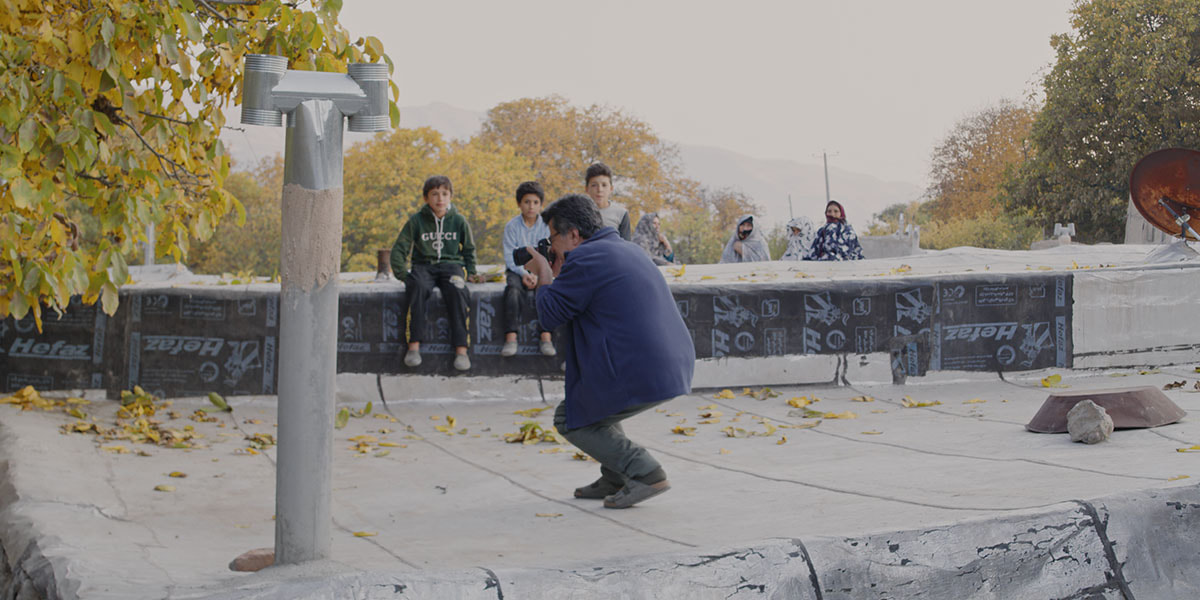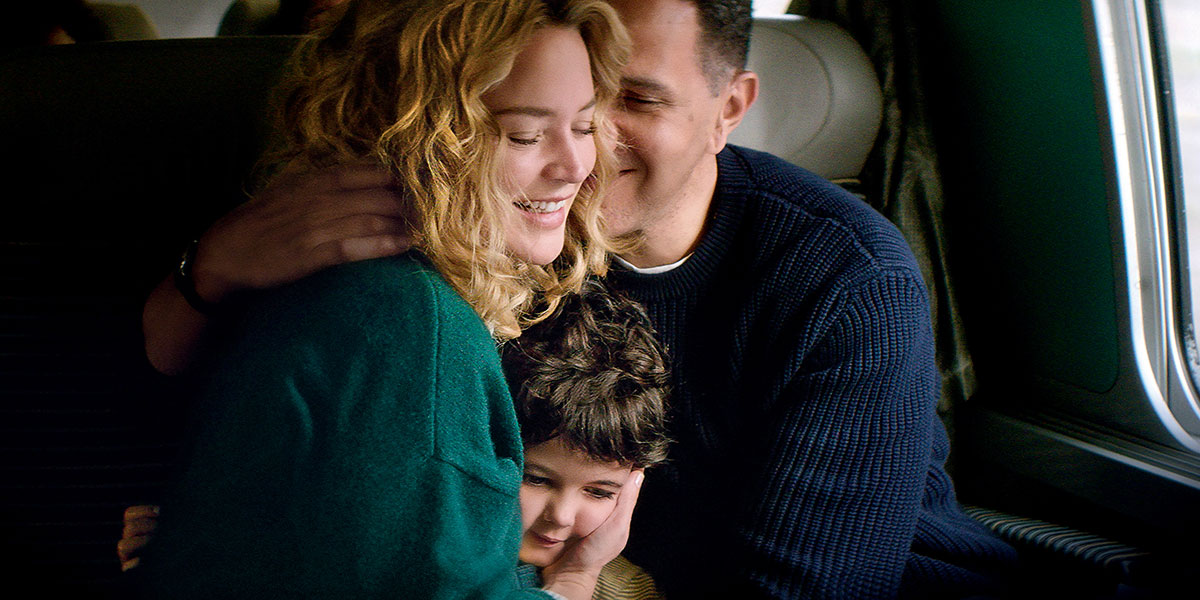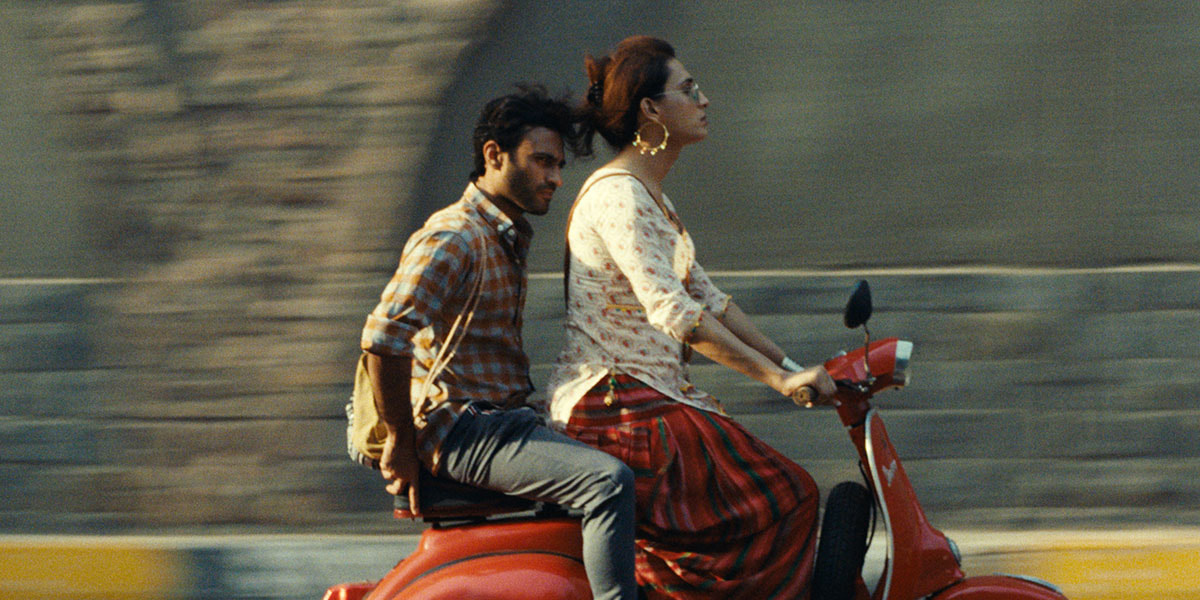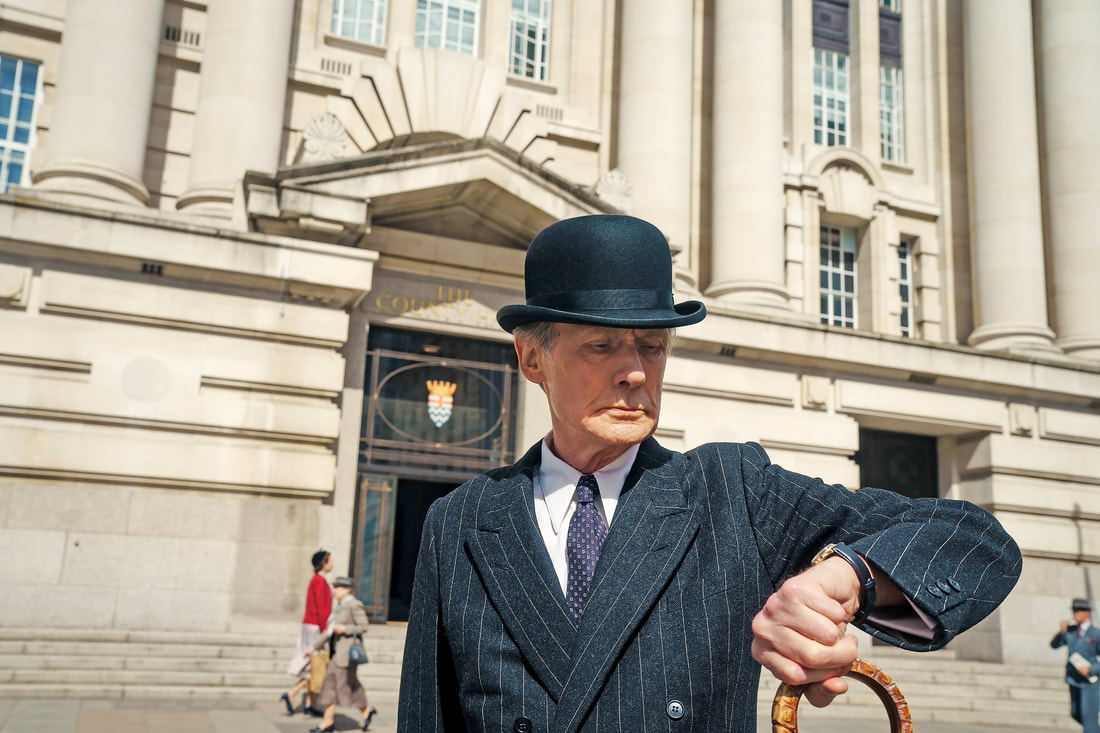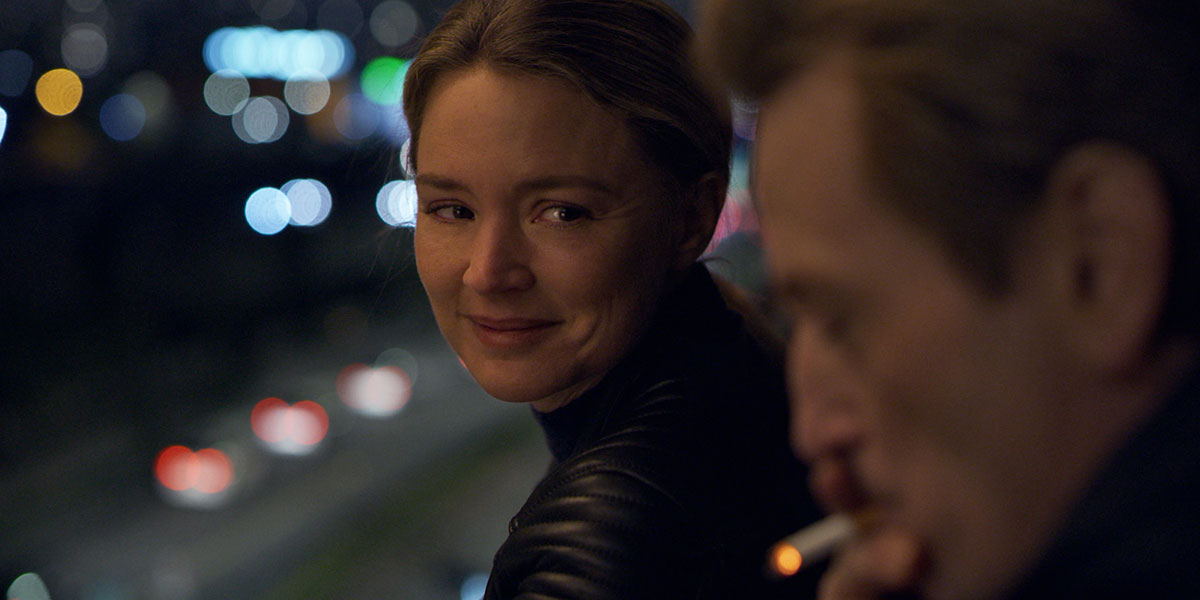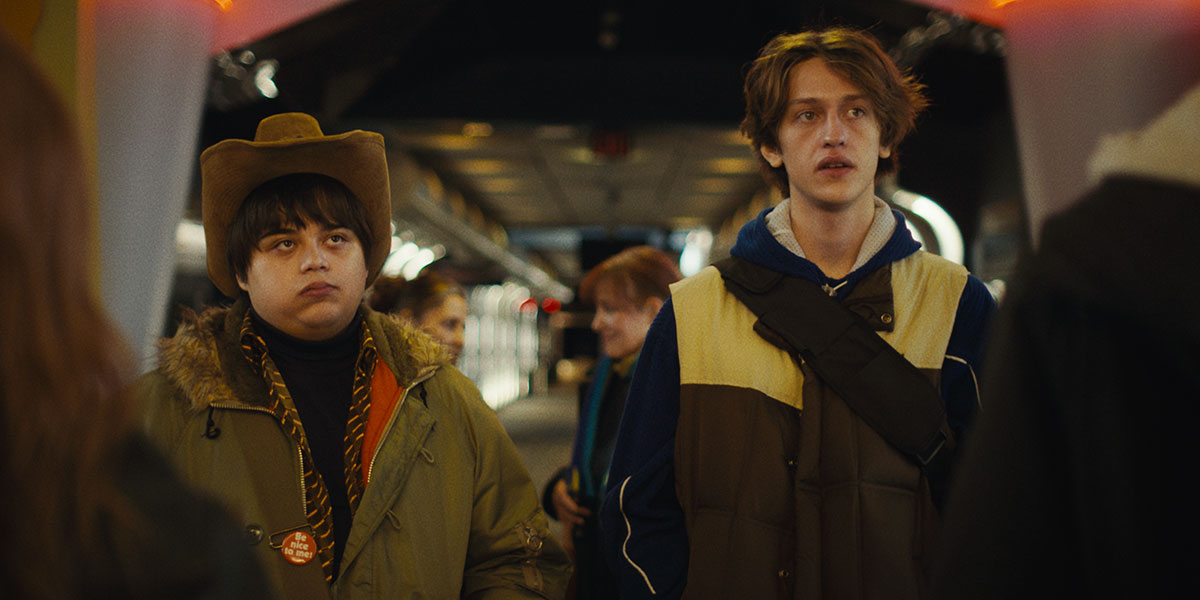|
By Sean Boelman
Although he is best known for his own work as a director, Martin Scorsese has also done some significant work to preserve the legacy and availability of historically significant films. Martin Scorsese’s World Cinema Project No. 4 features six films from around the world that have been identified by the director’s efforts as films worthy of note and preservation.
Previous editions of Martin Scorsese’s World Cinema Project have made an effort to highlight historically important contributions by women directors, and Sarah Maldoror’s Sambizanga is that film in this volume. The first woman to direct a film in Africa, Maldoror documents Angola’s independence movement in this powerful fictionalization. For those who are fans of Latin American cinema, Mario Soffici’s Prisioneros de la Tierra is likely to be one of the most exciting offerings in this edition. A work of social realism, the film provides a glimpse into the oppression of workers in Argentina in the 1930s, making it an important document of cinematic history and history as a whole. The Iranian film Chess of the Wind recently received a theatrical re-release with its restoration recently through sister company Janus Films, and is finally making its way to home media through the Criterion Collection in this box set. It’s a genre-bending film that, as is the case with so many films from the country, has an important social commentary.
Jean-Pierre Dikongue-Pipa’s Muna Moto (The Child of Another) is one of the more soft-spoken films included in this particular collection. Exploring the role of customs in conservative African society, this is a heartbreaking love story if there ever was one, making this film resonate in unexpected ways.
Directed by André De Toth, whom you might know as the director of camp horror classic House of Wax, Two Girls on the Street is one of the most formally impressive films in this altogether beautiful collection. It’s a stylish melodrama, exuberant in the way you’d expect a film by a maverick Hollywood designer to be. An early work of meta cinema, Kalpana is without a doubt the most epic film in this box set. The only film by dancer and choreographer Uday Shankar, this is the type of kinetic, transfixing film you will wonder hasn’t already received a wider release, but with this box set, you’ll be able to discover it. All of the editions of Martin Scorsese’s World Cinema Project have brought some exciting international films to the forefront, but No. 4 is particularly exciting in the variety of voices it showcases. For cinephiles looking to discover a great, historically significant film, this is a must-buy. Martin Scorsese’s World Cinema Project No. 4 is now available via the Criterion Collection.
0 Comments
By Sean Boelman
The Toronto International Film Festival is one of the hottest film events of the Fall, often acting as the introduction of several high-profile awards contenders on the scene. This year featured the World Premieres of some of the biggest films for the rest of the year, but also plenty of other films that audiences will certainly want to pay attention to.
We at disappointment media got the opportunity to cover TIFF again this year, and for the first time on the ground in Canada. Here are some of our brief thoughts on some of the films we saw. Godland
Hlynur Pálmasson’s previous film, A White White Day, was a unique spin on the revenge thriller genre, so hopes were high for his religious epic Godland. Unfortunately, this story of a Danish priest traveling to remote Iceland to build a church and photograph its parishioners explores themes that have been done before (and much more effectively) in other anti-colonialist commentaries like Silence and Joseph Conrad’s Heart of Darkness, by which this is so clearly inspired. It’s unquestionably one of the most gorgeous film’s to play at TIFF this year, but the narrative is an absolute slog.
Fixation
TIFF usually has one or two movies that could have earned a place in the Midnight Madness program make an appearance in another section, and this year, it’s Mercedes Bryce Morgan’s Fixation in the Contemporary World Cinema program. This psychological horror film has an intriguing concept, but it is told in a way that is almost unbearably pretentious. The production is cheap, and it thinks that it is much smarter than it is, when it really only offers a shallow exploration of its themes.
Luxembourg, Luxembourg
The premise of Luxembourg, Luxembourg reads as if it’s a pretty standard road trip comedy, but it’s something much harder to connect to. This story of two brothers hoping to reconnect with their dying father who left them years before sounds like something that could be really compelling, but it’s shockingly difficult for the audience to find some sort of connection with the characters. The film feels disappointingly cold, and that makes it not worth watching.
The Umbrella Men
John Barker’s The Umbrella Men offers an interesting premise — a group of jazz musicians teaming up for a heist to save their beloved, indebted nightclub. It’s a pretty standard heist movie, but it’s enjoyable enough for what it is. It is the musical flairs that give this film the personality it so desperately needs to succeed, creating a fun atmosphere even if it is entirely predictable at every beat.
Winter Boy
The main draw of Christophe Honoré’s Winter Boy is a supporting turn from Juliette Binoche, but she feels entirely wasted in a role that is largely insubstantial. Unwitting viewers who go into this hoping to see the next great Binoche film will instead be met with yet another bleak queer coming-of-age drama. It’s the type of dour film about self-loathing that the community likely thought it had grown past. It desperately wants to be Mysterious Skin but isn’t anything close.
Bones of Crows
Marie Clements’s Bones of Crows is a condensed version of an upcoming CBC miniseries, and it shows. This story of Indigenous oppression is undeniably well-intentioned, but it is told in such a maudlin way that it is hard to get behind. It’s the type of film that clearly wants to be something extraordinary and even awards-worthy, but it has such a limited budget and poor execution that it feels like a Lifetime movie.
Sidney
The late Sidney Poitier is certainly a legendary actor, but some people might not know the contributions he had on society as a whole. Reginald Hudlin’s documentary Sidney takes a very standard approach to telling the story of the actor and activist, but Poitier is such an extraordinary subject that the story speaks for itself. Cinephiles will love hearing from some of the most notable Black actors of today as they talk about Poitier’s legacy, but the true highlight is the interviews conducted with Poitier slightly before his passing.
R.M.N.
Romanian filmmaker Cristian Mungiu’s first film in six years, R.M.N. starts out really slow, but has an absolutely explosive second act that sets it apart as one of the year’s most extraordinary films. This exploration of xenophobia and masculinity is shocking and harrowing, and even though it takes about an hour for the film to find its footing, once it does, it will stick with viewers long after the haunting final image.
Love and Mathematics
The Mexican film Love and Mathematics is the type of movie that is best experienced if you go in blind. Blending genres seamlessly, it is an exploration of the mundanity of the life of a once-famous member of a boy band. It’s unsettling and occasionally darkly funny, powered by a strong performance from Roberto Quijano. Claudia Sainte-Luce is certainly a filmmaker to look out for in the future.
The Young Arsonists
Sheila Pye’s The Young Arsonists presents itself as if it is going to be some profound experimental art film, but in reality, it’s just a pretty standard coming-of-age tale with a decent sense of visual style. It’s just another story about a group of girls who find solace in one another after they are rejected by the community around them. From a narrative standpoint, it’s nothing special, but Pye does show some potential as a director in her feature debut.
The Blue Caftan
Moroccan filmmaker Maryam Touzani’s newest feature, The Blue Caftan, gathered quite a bit of acclaim after its debut at the Cannes Film Festival earlier this year. While it is exquisitely shot and well-acted, from a narrative standpoint, it’s just another story of forbidden love. The film hardly explores any of its themes in a deeper level, resulting in a film that is disappointingly inoffensive and unprovocative, even if it is well-made.
While We Watched
Vinay Shukla’s documentary While We Watched explores what is undeniably a very important topic, albeit in a way that doesn’t feel as urgent as it deserves. We are still very much living in an era of censorship, propaganda, and misinformation, and journalist/activist Ravish Kumar is one of the most extraordinary voices fighting back against these forces of oppression, but Shukla’s film doesn’t feel like it quite does justice to its subject.
Stellar
Many times, critics will describe films as being “style over substance,” but what is really frustrating is when the film thinks it has substance but has nothing to it at all. Darlene Naponse’s Stellar has an extremely thin narrative that doesn’t make a whole lot of sense, resulting in the film being nearly unwatchable. Perhaps it could have been forgiven if the visuals were at least somewhat interesting, but the film’s low budget really makes it just a big waste of time.
Unrest
Cyril Schaüblin’s Unrest has an intriguing concept — new technology transforming labor in a watchmaking town in 19th century Switzerland — but it doesn’t do anything particularly interesting with it. The visuals of the film are undeniably gorgeous, but even at just over ninety minutes, the film will struggle to keep viewer’s attention due to the highly technical nature of its story.
Corsage
Marie Kreutzer’s slightly anachronistic biopic Corsage is one of the most enjoyable period pieces you will see this year. The film isn’t over-the-top with its modern flair, resulting in a film that doesn’t feel tacky whatsoever and explores gender dynamics in a fantastically interesting way. Of course, the highlight of the film is Vicky Krieps’s knockout performance as the Austrian monarch.
Chevalier
Chevalier starts out with what is perhaps the best ten-minute sequence of any film this year. Unfortunately, the rest of the film fails to match the excellence of its extraordinary introduction. Kelvin Harrison Jr. carries this biopic of an unsung African-American legend in the classical music community, but its writing is standard in a way that makes it feel like just another entry in the genre.
All the Beauty and the Bloodshed
Laura Poitras’s documentary All the Beauty and the Bloodshed earned the Golden Lion at Venice, and it’s no surprise. One of the most nuanced works of nonfiction cinema in recent memory, the film doubles as both a biography of photographer-turned-activist Nan Goldin and an exposé on the opioid epidemic. It’s a moving film in many ways and perhaps even one-ups Poitras’s excellent work in Citizenfour.
Domingo and the Mist
Ariel Escalante’s Domingo and the Mist is an interesting ghost story that is quietly affecting in unexpected ways. Following a man who is visited by the ghost of his dead wife in the mist as land developers attempt to kick him out of his home, it’s a gorgeously-shot film, but also one that offers profound ruminations on life. It’s not the type of film that everyone is going to be on the same wavelength as, but those who get on board with its unique style will find it to be quite compelling.
Joyland
Saim Sadiq’s film Joyland was the winner of the Un Certain Regard prize at the 2022 Cannes Film Festival, and has only gathered even more acclaim since its debut there. Following a young man who comes from a traditional, patriarchal family as he joins a dance troupe and falls in love with its trans leader, this is a wonderful, nuanced dissection of the patriarchy. Sadiq finds the right balance between being subtle and yet not pulling back on any of his punches, making the film altogether effective.
Queens of the Qing Dynasty
Ashley McKenzie’s Queens of the Qing Dynasty explores the theme of mental health in a way that is more sensitive than any other movie has in quite a while. McKenzie takes an almost clinical approach to telling this story, and while that may put some off, it makes sense given the tone that the film is aiming for. The character work in the film is extraordinary, approaching these characters with nuance and sympathy rather than pity.
Wendell & Wild
Henry Selick is one of the best filmmakers in animation of all time, and Jordan Peele is one of the most exciting voices in horror, so a collaboration between the two was certainly very exciting. However, Wendell & Wild is an unfocused film that bites off more than it can chew with its story. At once, it’s both very generic and has too many moving parts for its story to work. However, most disappointing is the fact that the world Selick and Peele built isn’t visually distinctive enough to work.
Moving On
As another collaboration between screen legends Jane Fonda and Lily Tomlin, Moving On should be great, especially when you throw in supporting actor Malcolm McDowell and director Paul Weitz into the mix. Unfortunately, due to a script that borders on tasteless, the film manages to be nearly unwatchable. Following two best friends who decide to get revenge on a friend’s husband after their passing, this is an innocent enough film… until it isn’t.
Sanctuary
The Margaret Qualley and Christopher Abbott two-hander Sanctuary might not have much in the way of substance, but it’s a very sleek film that is undeniably fun to watch. Following a dominatrix and her wealthy client with whom she shares an unorthodox relationship, the film unfolds with plenty of twists and turns that you’re not really sure where it’s going. Qualley’s performance is fantastic in what could have been a caricature, and Abbott serves as a perfect foil to her.
North of Normal
Carly Stone’s first feature The New Romantic was edgy and hilarious, so it’s disappointing that her sophomore film North of Normal is so straightforward. Following a teenage girl who has to adjust back to society after living most of her life off-the-grid, there are certainly some charming moments here, but it’s nothing you haven’t seen before. It’s crowd-pleasing enough to be diverting, but it could have been so much more with the talent involved.
The W0nder
Sebastián Lelio is one of the best filmmakers working today, so it’s absolutely shocking that The Wonder is one of the biggest disappointments of the year. Based on a novel by acclaimed author Emma Donoghue, it’s hard to pinpoint exactly where this film went wrong. The score is absolutely gorgeous, one of the best of the year even, but everything else about the film is so standard that it’s truly a chore to suffer through.
Moonage Daydream
Brett Morgen’s David Bowie documentary Moonage Daydream is supposedly a transcendent experience, but that might just be code for something that’s shallow but gorgeous. There’s no denying the power of the way in which Morgen combines images and sound in the film, particularly if you get to see the film in the wonders of an IMAX presentation, but viewers will leave the film having learned disappointingly little about Bowie or his art.
Prisoner's Daughter
The star-studded ensemble of Catherine Hardwicke’s film Prisoner’s Daughter does much of the heavy lifting. Kate Beckinsale leads the film in what is a departure from her usual work — allowing her to do something a tad more dramatic — and Brian Cox yet again plays the gruff old man with a good heart. The story is conventional, contrived, and melodramatic, but it is the leading duo’s superb work that really makes the film effective and allows it to hit its emotional beats.
Broker
Hirokazu Kore-eda is one of the most acclaimed Asian filmmakers working today, but a majority of his work is in the Japanese language. His first Korean film, Broker, stars Parasite actor Song Kang-ho, and is a much more conventional film than one would expect from Hirokazu. Although there are some decently emotional moments here, there isn’t a lot of substance, and as a result, it ends up being little more than just “cute.” However, the strong acting and direction elevate what otherwise could have been a relatively standard family drama.
The Grab
Gabriela Cowperthwaite’s Blackfish is one of the most influential investigative documentaries of the past decade, so her next documentary, The Grab, was certainly an exciting prospect. And while the story it is telling — an exploration of the power dynamics that go into land grabs — is fascinating and shocking, the presentation becomes repetitive after a while. Not only does the film’s argument begin to grow redundant, but so does the evidence that is used, making this less powerful than it should have been.
The Eternal Daughter
British filmmaker Joanna Hogg partners again with A24 for her restrained ghost story The Eternal Daughter after The Souvenir duology which was quite acclaimed by critics and cinephiles. Although there isn’t a whole lot of substance to be found in this film — and that bit of substance feels somewhat shallow — it is a thoroughly effective exercise and atmosphere. Hogg creates something that is genuinely spooky and eerie, and of course, Tilda Swinton delivers yet another extraordinary performance, this time playing two characters.
Roost
Sometimes, films with controversial subject matter have the best intentions, but they simply cannot pull it off. That is the case with Amy Redford’s thriller Roost, depicting a young girl’s relationship with a man who is much older than her. It takes a while for the film to reveal its hand and prove that it isn’t actually creepy, but audiences have to wade through a lot of clunky melodrama to reach this point. Kyle Gallner is such a talented actor, but it would be nice to see him not getting typecast like this.
Baby Ruby
Although the Rosemary’s Baby trope has been done time and time again, there is a reason that filmmakers continue to attempt to explore motherhood in this way. Playwright Bess Wohl’s debut as a filmmaker, Baby Ruby, is an interesting psychological horror flick, and while it follows familiar beats, it adds some interesting commentary on its themes. At times, Wohl’s direction does feel amateurish, but other portions are shockingly effective and haunting.
No Bears
Iranian filmmaker Jafar Panahi was in the news earlier this year because he was arrested (again) in his home country, which makes his newest film, No Bears, resonate even more. Like many of Panahi’s films, No Bears depicts a version of himself as he discusses the political turmoil in his country and the challenges of being a filmmaker under the oppressive government. It’s a miracle that this film was made — and it would be praised if only for its bravery — but it’s a damn good film anyway.
Theater of Thought
Even in his eightieth year, filmmaker Werner Herzog’s still got it. Even though his typically rough filmmaking style shows in his newest documentary, Theater of Thought, it’s such an entertaining and fascinating approach to these ideas that it becomes truly mesmeric. The tangents that Herzog goes on can be unintentionally hilarious at times — at one point, he begins to question whether or not fish have souls while talking with one of the creators of Siri — but it’s also a documentary experience the likes of which only Herzog could offer.
Other People's Children
Rebecca Zlotowski’s Other People’s Children is one of the most underappreciated films to have debuted on the fall festival circuit. Starring Virginie Efiria (Benedetta) as a woman who forms a bond with her lover’s child, this is one of the most tender, moving portraits of parenthood you will ever see. The level of empathy with which Zlotowski approaches her characters is uncommon, but Efiria gives the performance of a career in her lead role, making the film all the more emotional and absorbing.
A Man of Reason
One of two films at the festival this year directed by Korean action stars, Jung Woo-sung’s A Man of Reason is a pretty standard action thriller, but an entertaining one at that. The story is nothing special whatsoever, but there’s no denying the film’s action choreography. It’s not a film that is anything to call home about, but it does a decent enough job with its hour and forty minute runtime that it’s worth watching if you’re a fan of the genre or the actor.
Pacifiction
Like the rest of Albert Serra’s films, Pacifiction is an excessive portrait of excess. The nearly three-hour runtime of the film may not be earned, and the film’s message may boil down to “colonialism bad,” but fans of art house cinema will certainly find something to enjoy here. The gorgeous visuals, sharp dialogue, and a tremendous leading performance from Benoit Magimel keep this afloat even when it feels like it may be sinking.
The 2022 Toronto International Film Festival ran September 8-18.
By Sean Boelman
The Toronto International Film Festival was one of the first to embrace the hybrid format due to the COVID-19 pandemic, and it is now one of the first to bring back filmmakers, journalists, and fans from around the world to celebrate some of the highest profile films the fall has to offer.
We at disappointment media are covering TIFF for the third year in a row — and this year, for the first time ever, on the ground in Toronto. We’ll be providing plenty of coverage throughout the festival, but for those of you who will be joining us in Canada, we wanted to make sure you knew which films we think you shouldn’t miss! Joyland
The Pakistani film Joyland, directed by Saim Sadiq, largely went under the radar at Cannes until it won one of the top prizes in the Un Certain Regard section. Telling the story of a man from a traditional Muslim family who falls in love with the transgender leader of an underground dance troupe he joins, this is a fantastic dissection of gender dynamics in a patriarchal country. Ali Junejo’s extraordinary and vulnerable lead performance is reason enough alone to see this film.
Living
Having debuted at the virtual edition of Sundance 2022 to great acclaim and quickly getting snatched up by Sony Pictures Classics, Oliver Hermanus’s Living is making a quick stop at TIFF before its prime awards season release date in December in the US. This remake of master filmmaker Akira Kurosawa’s Ikiru isn’t particularly flashy, but therein lies its charm. It’s a simple, powerful film, in large part thanks to a commandingly subtle turn from Bill Nighy.
Paris Memories
Alice Winocour’s Paris Memories may not have been one of the buzziest titles to come out of this year’s Cannes — not even picking up a US distributor as of yet — but that doesn’t change the fact that it is one of the finest. The film explores the ways in which we deal with trauma to absolutely harrowing effect. Virginie Efira got much acclaim for her performance in last year’s Benedetta, but her turn in this film shows that she is a force to be reckoned with. It’s a haunting film in unexpected ways, so don’t miss this one.
I Like Movies
While everyone is going to be buzzing about the other two “filmmakers make their own Belfast” movies at TIFF this year — The Fabelmans and Empire of Light — it’s important not to forget their indie cousin, I Like Movies. Written and directed by critic-turned-filmmaker Chandler Levack, this film is an ode to all the cinephiles who grew up during the Blockbuster generation. Yes, it’s another coming-of-age story, but an endlessly charming one at that.
Sisu
What is a good TIFF schedule without at least one Midnight Madness selection? This year, genre cinephiles should check out Jamari Helander’s brutal and fun WWII action flick Sisu. Like Rambo by way of Inglorious Basterds, this film follows a seemingly-immortal commando who takes a stand against a group of Nazis with the type of gory results Midnight Madness fans have come to expect. It’s definitely worth the late night to see this one with the crowd at the Royal Alexandra.
These are just a few of the films playing at this year’s TIFF that you absolutely will not want to miss. From high-profile world premieres to some of the hottest films that have played other festivals, there is certainly something for everyone to check out at this year’s festival.
|
The Snake HoleRetrospectives, opinion pieces, awards commentary, personal essays, and any other type of article that isn't a traditional review or interview. Archives
June 2024
Categories
All
|
|
|
disappointment media
Dedicated to unique and diverse perspectives on cinema! |

